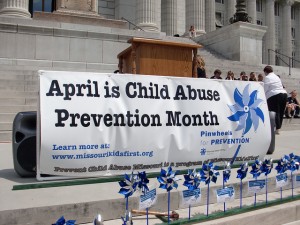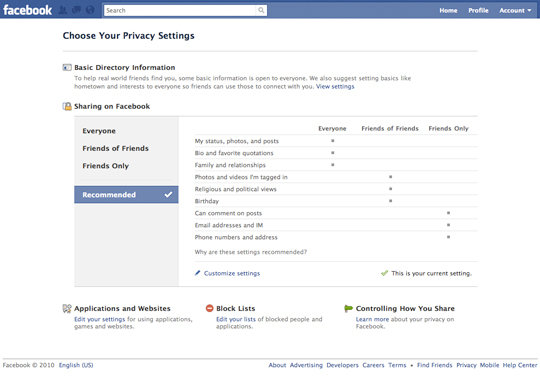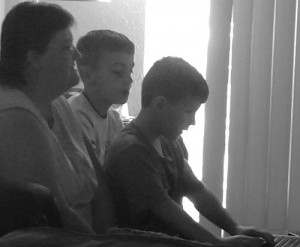If you have at least one child and haven't been living under a rock since the invention of the smartphone, you know about sexting. Sexting is the sending of nude or suggestive images via technology.
As a parent, this can be a little hard to comprehend. Why would my kids want to do such a thing? I'd like to highlight a few reasons why kids might get caught up in sexting:
Sexting as Flirting
In the bird world, the peacock with the biggest and brightest tail feathers gets noticed – so he fans them up and struts around just as hard as he can in order to attract a mate. Sometimes, teen sexting might be a little like that. In order to be noticed by the object of their affections, kids might feel like they need to send something racy and eye-catching. Or, a boyfriend and girlfriend may trade sexts in a relationship as a sign of their commitment to each other.
Sexting as a Joke
It sounds bizarre, but it's true. Some kids just send sexts to be funny or gross. They may upload a sexy picture to the Internet for the shock value, or just to prove to themselves that they can. (My guess is that this is often done on a dare or as a result of group think.) They obviously aren't thinking about the potential ramifications of their actions, and haven't matured enough to realize that protecting the privacy of their bodies is in their best interest.




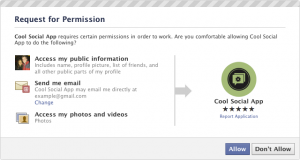
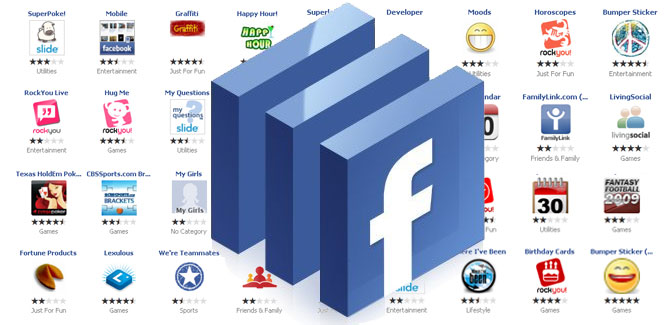

 The recent buzz in the media is about the new movie BULLY. After failing to lower its rating from R to PG-13 the film is being released without a rating.
The recent buzz in the media is about the new movie BULLY. After failing to lower its rating from R to PG-13 the film is being released without a rating.